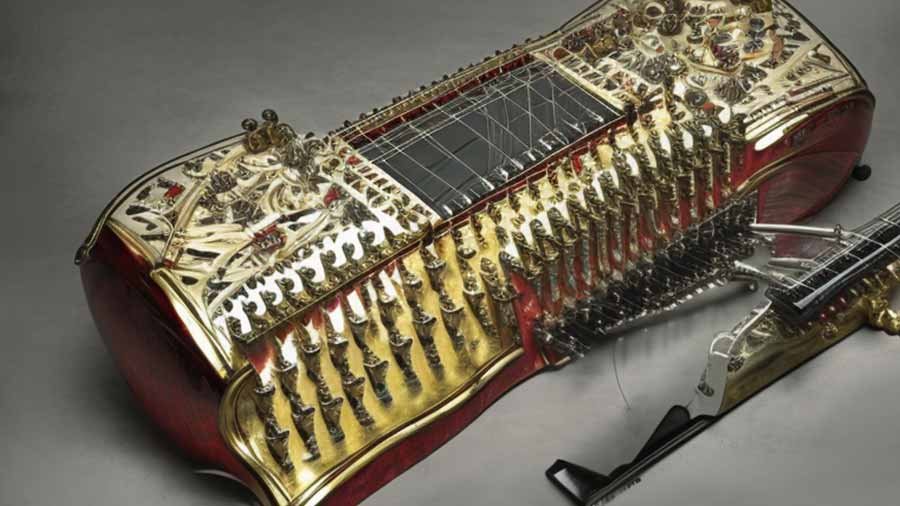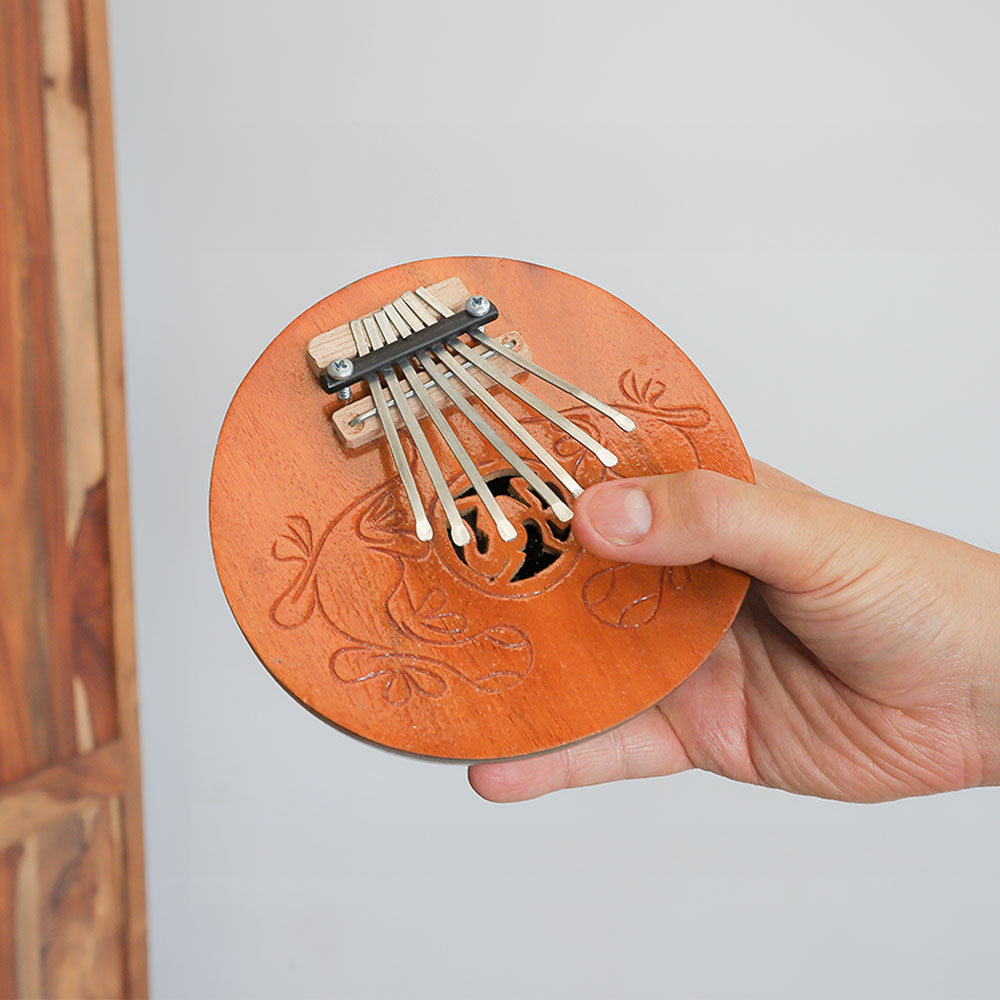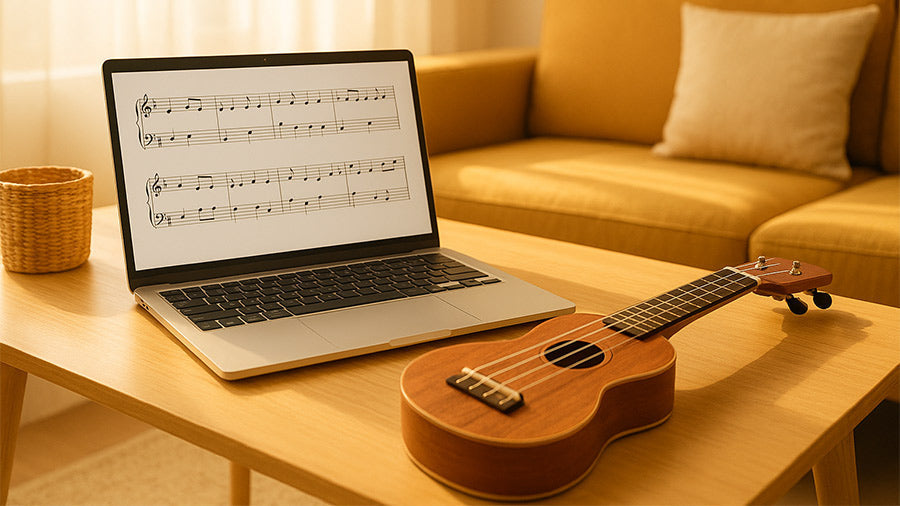Music has always been an integral part of human culture, and throughout history, we have witnessed the evolution of musical instruments. From the earliest percussion instruments to the complex digital synthesisers of today, musical instruments have continuously adapted to the changing needs and technological advancements of musicians. In this blog post, we explore the exciting possibilities and innovations that await us in the future of musical instruments.
Digital and Virtual Instruments

Digital instruments have already made a significant impact on the music industry, but the future holds even more possibilities. Virtual instruments, powered by advanced software and artificial intelligence, will allow musicians to create unique sounds and experiment with unlimited possibilities. Virtual reality and augmented reality technologies will further enhance the experience, enabling musicians to interact with their instruments in entirely new ways.
Gesture and Motion Control
Gesture and motion control technology have been making waves in various industries, and the music industry is no exception. With the help of sensors and motion-tracking devices, musicians can manipulate sound and control musical parameters through hand movements, body gestures, or even facial expressions. This innovation will break the physical limitations of traditional instruments and offer musicians a new level of expressiveness and creativity.
Wearable Instruments
Advancements in wearable technology are opening up exciting new opportunities for musicians. Wearable instruments, such as gloves or bracelets embedded with sensors, will enable musicians to create music through gestures and movements. These instruments will offer a unique way of interacting with sound, allowing musicians to manipulate sound in real-time and create dynamic performances.
Artificial Intelligence and Machine Learning
Artificial intelligence (AI) and machine learning are revolutionizing various industries, including music. AI-powered algorithms can compose music, generate harmonies, and even analyze emotional responses to music. With further advancements, AI will become an invaluable tool for musicians, assisting in composition, improvisation, and sound design. AI will also enable instruments to adapt and respond to the musician's playing style, creating a personalized and dynamic musical experience.
Hybrid Instruments

As technology advances, we can expect to see the emergence of hybrid instruments that combine the best of both acoustic and digital worlds. These instruments will blend traditional craftsmanship with cutting-edge technology, offering musicians the ability to explore new possibilities while maintaining the tactile experience of playing a physical instrument. Hybrid instruments will bridge the gap between the old and the new, providing musicians with a versatile and innovative musical tools.
What does the future music industry look like?
Musical instruments have evolved alongside human civilization, from ancient bone flutes to modern pianos. Recently, innovation has accelerated thanks to technology and a desire to explore new sounds. Examples include the Eigenharp, an electronic instrument with touch-sensitive keys and breath control that blends traditional expressiveness with digital versatility, and the Reactable, an interactive tabletop instrument where physical objects create evolving soundscapes in real-time.
These innovations challenge traditional music, fueling new genres like electronic and experimental sound art. As technology advances—through virtual reality, AI, new materials, and manufacturing—musicians will gain unprecedented tools for creativity. The future promises transformative instruments that redefine music-making, offering fresh ways to create, perform, and understand what a musical instrument can be.







